|
|
|
|
Nau mai haere mai.
At times this election campaign has seemed a little like a road measuring contest – look how many kilometres, look at these projected budgets! At the same time, addressing climate change and reducing carbon emissions feature in every manifesto.
As many have noted, there’s a degree of tension between those two policies, to say the least. Logic and experience dictate that building and expanding roads simply invites more cars and trucks, making emissions reduction even slower.
Meanwhile, one of the best and proven low-emissions transport modes – rail – remains at the station, with the National Party threatening to can light rail plans in Auckland, and nearly all the nation’s heavy freight being moved by truck, not train.
It’s not that there aren’t plans and recommendations for more and better rail. But as Philip Laird writes today, New Zealand needs to get these off the white board and onto a faster track. In particular, he points out, Australia’s experience with urban light rail is instructive: “… all part of a remarkable renaissance [that] New Zealand could be part of … if the will was there.”
You might also enjoy Dominic O'Sullivan’s response to retiring MP Jamie Strange’s suggestion that New Zealand should give serious thought to political union with Australia. As O'Sullivan writes, it’s at least an idea worth considering – if only to show just how different the two countries have become. Until next week, mā te wā.
|

|
Finlay Macdonald
New Zealand Editor
|
|

Philip Laird, University of Wollongong
Both major parties are promising major road projects this election. Meanwhile, the potential for passenger and freight rail to help meet the country’s climate goals seems stuck at the station.
|

Priyanka Dhopade, University of Auckland; Carolle Varughese, University of Auckland; Lena Henry, University of Auckland; Sarah Hendrica Bickerton, University of Auckland; Te Kahuratai Moko-Painting, University of Auckland
Space exploration is often propelled by competition, driven by national pride and with little thought about consequence. It is time to consider space as a commons, not just a resource to exploit.
|
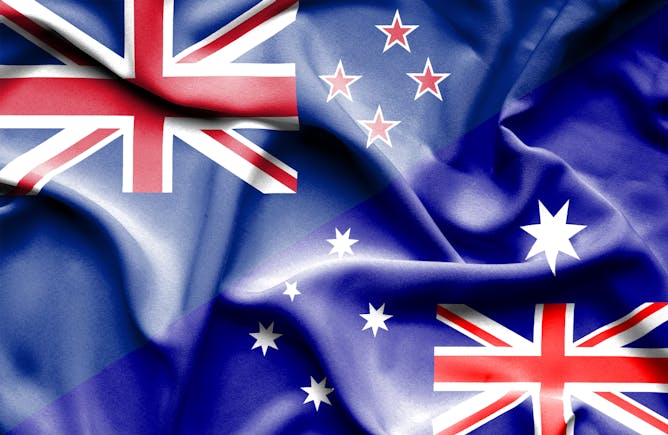
Dominic O'Sullivan, Charles Sturt University
Outgoing New Zealand MP Jamie Strange used his valedictory speech to propose a trans-Tasman political union. Wondering how that might work reveals just how different the two countries really are.
|

Jemma Geoghegan, University of Otago; Nigel French, Massey University
The first sign of a new bird flu might be a dead seabird or marine mammal. Better surveillance of migratory birds and wildlife – and better public awareness – is crucial.
|
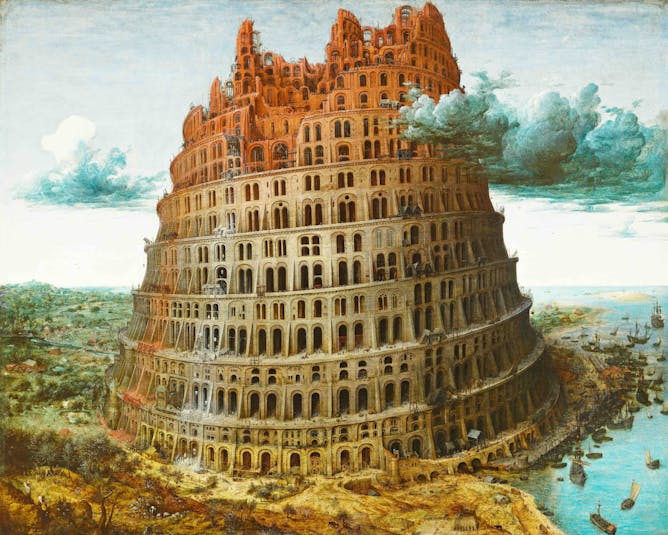
Sam Passmore, Australian National University; Olena Shcherbakova, Max Planck Institute for Evolutionary Anthropology; Simon Greenhill, University of Auckland
The idea a language should grow simpler if people need to learn it as adults has an intuitive appeal. But an analysis of more than 1,200 languages shows this doesn’t quite stack up.
|

Michael Mouat, Massey University
With an inflation rate peaking at just 4.4%, Japan seems to be getting something right about managing economic pressures. How does it do this, and should New Zealand revisit its own strategies?
|

Mike Joy, Te Herenga Waka — Victoria University of Wellington
Access to fossil fuels allowed humanity to overshoot Earth’s biophysical limits. The crises we now face are all symptoms of this overshoot, and the only fix is to cut our demands on the biosphere.
|
From our foreign editions
|

Craig Mark, Hosei University
With the leaders of the US, South Korea and Japan meeting at Camp David, attention has once again been turned to North Korea’s as well as to China’s activities in the region.
| |
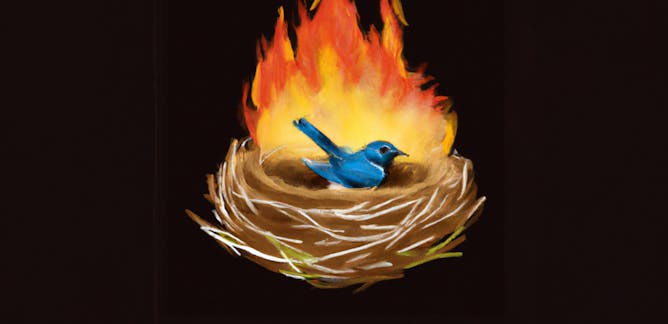
Jay Daniel Thompson, RMIT University
The move could jeopardise users’ safety and might even get the platform banned from the Google and Apple app stores.
|
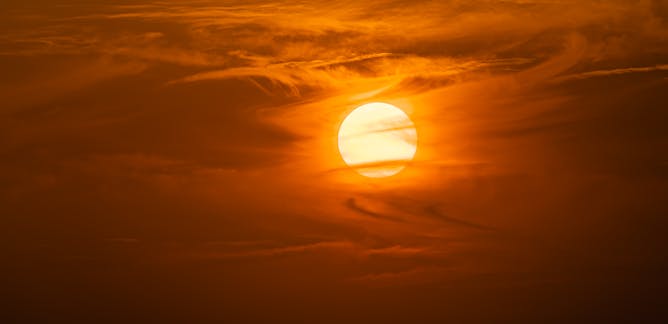
David Kitchen, University of Richmond
Some geoengineering techniques are better understood than others. The US is investing in capturing carbon dioxide from the air, but ideas to block the Sun’s rays are raising big concerns.
| |

Ian Whittaker, Nottingham Trent University
The Indian spacecraft could lay the ground for future missions with astronauts, and even for lunar bases.
|

Sally Cutler, University of East London
Ticks can spread a range of disease – including Lyme disease and the fatal Crimean-Congo haemorrhagic fever.
| |

Yudha Irmansyah Siregar, Europa-Universität Flensburg
Subsidies for electric motorbikes and cars should be just the first small step in a long-term plan to electrify Indonesia’s transport – driven increasingly by renewables, not coal-fired electricity.
|

Esther Kettel, Nottingham Trent University
A new assessment of the population status of Europe’s birds reveals that the number of species that are of conservation concern is increasing.
| |
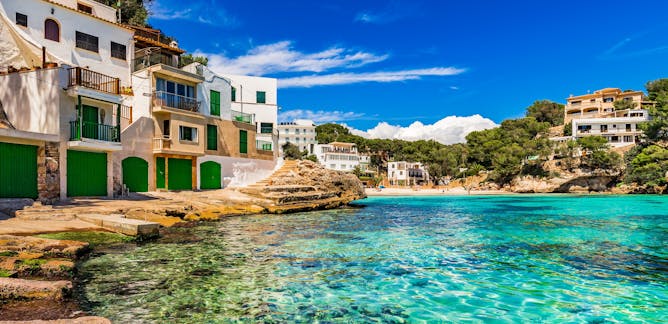
Morten Fibieger Byskov, Utrecht University; Jeroen Hopster; Júlia Isern Bennassar, Utrecht University
The Balearic islands have passed a pioneering law protecting the well-being of present and future generations. Can it be successful?
|

Chris Corker, York University, Canada
Wes Anderson’s film ‘Asteroid City’ encompasses an environmental grief that manifests as failure to accept an uncontrollable reality.
| |

Bhaso Ndzendze, University of Johannesburg
The African continent is an obvious contender for courting by major powers.
|
|
|
| |
| |
| |
| |
|
|
|
|
|
|
|